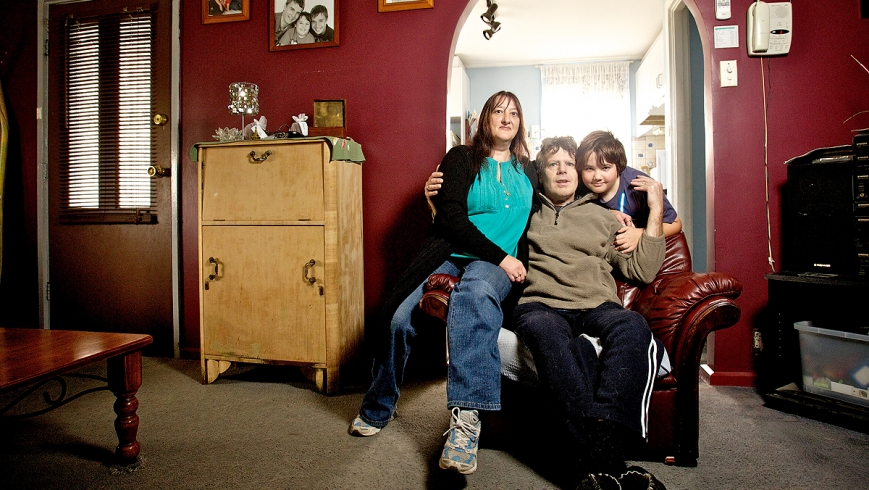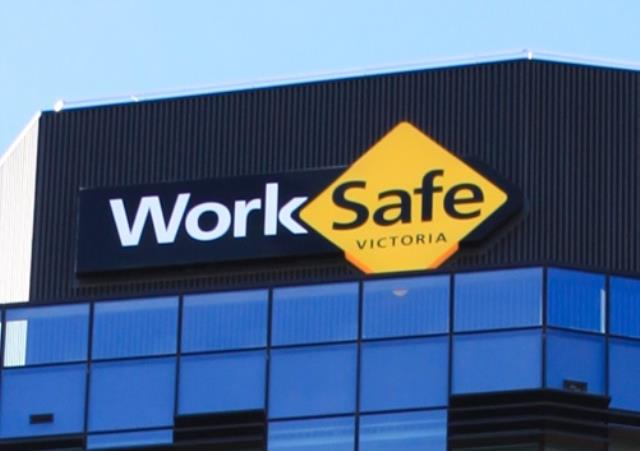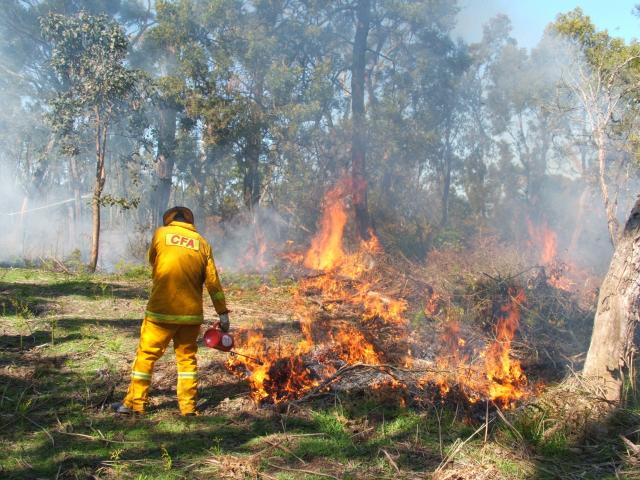JOANNE and David Macleod don’t celebrate Australia Day any more.
The last time they did – on a long, dusty, 40-degree afternoon – the holidaying newlyweds had downed some beers to cool off.
After an ill-fated decision to drive back to camp, Joanne was left clinging to life, trapped in the tangled steel of their car heaped on a roadside. She flatlined three times as paramedics airlifted her to hospital in Melbourne. While Joanne (pictured) doesn’t remember the crash, her husband, who was in the driver’s seat, will never forget. He’s still rocked by nightmares more than a decade later.
“I was in the ICU [intensive care unit] at The Alfred hospital. I’d broken vertebrae in the neck, punctured a lung, and broke my ribs down the right side,’’ Joanne recalls.
‘‘Then there were several months of rehab. David had to watch me go through it all. He just went downhill from there.”
David began to self-medicate with alcohol. Doctors later told him he had developed bipolar disorder and Joanne became his carer.
“I’ve been OK for the past 12 months now, but there were times I broke down when people would ask, ‘how’s Dave?’ and I couldn’t speak. I can only imagine what my husband goes through half the time.”
Joanne, who lives in Albion with David and their 10-year-old son, says people struggle to comprehend what they’re going through.
“It’s not easy. Unless they’re going through something similar, it’s hard to understand.”
Joanne is among hundreds of carers and families affected by mental illness who are finding support through information sessions hosted by Mind Australia in Werribee.
Support worker Grace Hancock said Mind was starting monthly sessions to address a lack of knowledge about the welfare system.
“These sessions are hoped to provide families and carers with the information, knowledge and … empowerment needed to assist in their caring role,’’ Ms Hancock said.
Joanne, who for years was unaware she could receive a carer’s allowance, says: “It makes you feel good knowing you’re not the only one going through what you are.
“For the person who’s mentally ill, it’s not easy to live through, or for their carers and families. Listening to other people’s stories, you pick up on certain avenues. It’s little things … if go to the movies, I get in for a dollar . . . if I go to certain post offices, I get a 10 per cent discount on my prepaid phone recharge.
“What’s good about these sessions is that you are learning things from people who have been in the system for a lot longer than you.”
Details: 8102 7900 or email ghancock@mindaustralia.org.au







